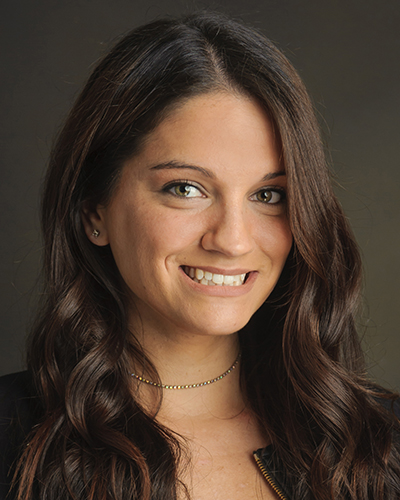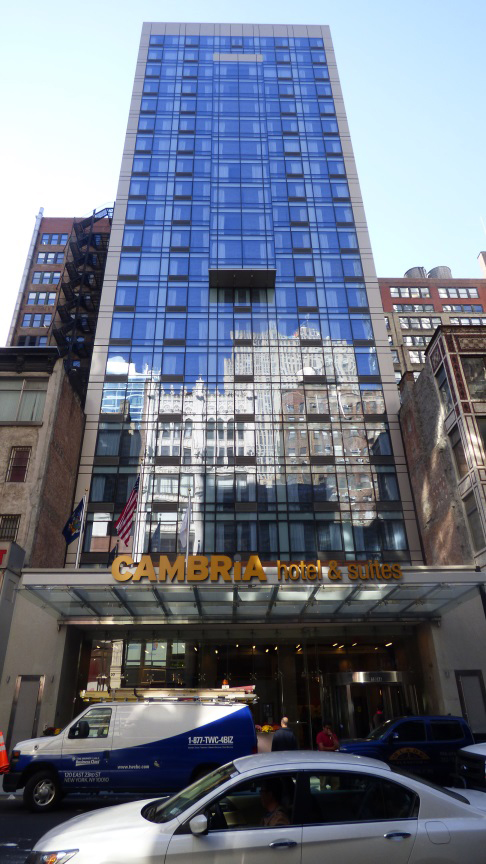News:
Green Buildings
Posted: August 11, 2010
Lighting upgrade law leads to increased green building emphasis on existing buildings
As local construction projects have stalled and new starts remain far and few between, emphasis continues to increase in the green building space on increasing the efficiency of existing buildings. Any discussion of retrofits in New York City begins with the Greener, Greater Buildings Plan, a package of four pieces of legislation which mayor Bloomberg signed into law on December 28, 2009 as amendments to the Building Code and New York City Charter. One of the bills which has particular import for existing buildings is the Lighting Upgrade Law (LUL), which amends Chapter 3 of title 28 of the Building Code, and also adds articles 310 - Required Upgrade of Lighting Systems - and 311 - Installation of Electrical Submeters in Tenant Spaces.
Article 310 requires owners of all buildings larger than 50,000 s/f to upgrade their buildings' lighting systems so they comply with standards for new lighting systems as set forth in the new New York City Energy Conservation Code (NYECC) by January 1, 2025.
Required upgrades are accomplished under LUL by installing or modifying the lighting system to comply with NYCECC's standards for new systems for lighting controls, exit signs, and interior and exterior lighting. Building owners are required to file a report with the Department of Buildings - prepared by either a registered design professional or licensed master or special electrician - certifying that the upgrade was completed and complies with applicable code. Upgrades are not required for lighting systems that are already in compliance with NYCECC; located in low-rise residential units (or spaces like hallways and laundry rooms that serve those units); or located within houses of worship.
In addition, Article 311 of the Lighting Upgrade Law requires that, by January 1, 2025, owners or lessors of commercial buildings that are larger than 50,000 square feet measure the energy consumption of certain tenant spaces by submetering. "Covered tenant spaces" include individual tenant spaces larger than 10,000 square feet on one or more floors or individual floors larger than 10,000 s/f which include individual tenant spaces that are let or sublet to 2 or more tenants. For these latter spaces, individual tenant spaces can have their own submeters, share a submeter with the other tenant spaces on the floor, or share one submeter that covers the entire floor.
The Lighting Upgrade Law is important to note from a green leasing perspective. While it does not require landlords to apportion electrical costs among tenants in any manner, it does obligate them to provide each tenant with a monthly statement showing the amount of electricity measured by the submeter. Providing tenants with such reporting against which they can improve their energy performance is a key green leasing principle which LUL should assist in disseminating across New York City's existing buildings.
Tags:
Green Buildings
MORE FROM Green Buildings
IREON Insights: DURA Architectural Signage manufactures and delivers over one million signs
Long Island City, NY Since its founding in 1955, IREON member DURA Architectural Signage has proudly manufactured and delivered more than one million signs to clients across a wide range of industries. From architectural interior signage to large-scale exterior installations, their work can be seen in corporate

Quick Hits







.gif)

.gif)
.jpg)
.gif)